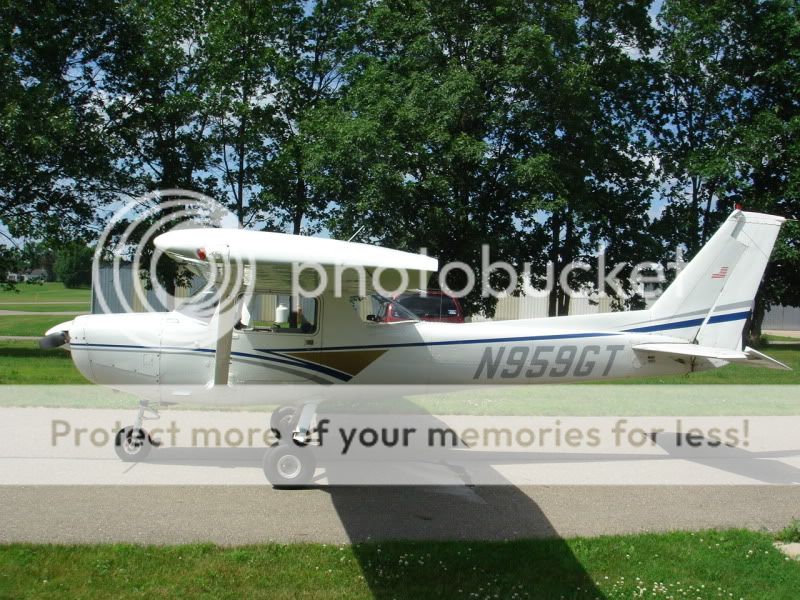If you read my first post on this forum you'll find that I'm one of many who started their PPL then life got in the way, etc.etc.
Anyway, I'm about to start flying again at a cost of $135 per hour wet and $50 for the instructor. Slight conflict of interest or a huge bonus depending upon how you look at it, the instructor works for me at my day job.
I'm looking on Aero Trader and have found several Piper Cherokees for sale. I want a low wing. Here's my thinking:
I could buy a plane and (I assume...yeah I know what the alternate meaning for that is) the payments would be less than what I would pay a flight school for the 8-10 flights per month AND I'd be able to fly more often. I could make a deal with my instructor that he'd be able to use the plane every once in a while for his own purposes to pay him for his instruction outside the flight school for whom he works.
Variables I don't know the answers to and keep in mind, this is just preliminary thinking:
Financing an airplane - who to go through? Bought several cars and a couple of houses but never an airplane.
Hanger fees - in Tucson I've heard anywhere from $250 and up.
Insurance - total loss at who and how much it will cost for someone in my situation.
Annual and 100 hour inspections - no clue as to the cost and I know it depends upon the condition of whatever I buy.
In addition to the above, what else do I need to think about?
Lastly - and most surprisingly, the wife fully support this idea. Whodathunkit?
edit: afterthought - I will eventually build an RV-7A. I don't want to buy one straightaway as I want to be able to accomplish that goal on my own at a later date. I know that an older plane will drain the savings account I would have put aside for the RV...or not and I can eventually sell the plane to finish up the RV.
Anyway, I'm about to start flying again at a cost of $135 per hour wet and $50 for the instructor. Slight conflict of interest or a huge bonus depending upon how you look at it, the instructor works for me at my day job.
I'm looking on Aero Trader and have found several Piper Cherokees for sale. I want a low wing. Here's my thinking:
I could buy a plane and (I assume...yeah I know what the alternate meaning for that is) the payments would be less than what I would pay a flight school for the 8-10 flights per month AND I'd be able to fly more often. I could make a deal with my instructor that he'd be able to use the plane every once in a while for his own purposes to pay him for his instruction outside the flight school for whom he works.
Variables I don't know the answers to and keep in mind, this is just preliminary thinking:
Financing an airplane - who to go through? Bought several cars and a couple of houses but never an airplane.
Hanger fees - in Tucson I've heard anywhere from $250 and up.
Insurance - total loss at who and how much it will cost for someone in my situation.
Annual and 100 hour inspections - no clue as to the cost and I know it depends upon the condition of whatever I buy.
In addition to the above, what else do I need to think about?
Lastly - and most surprisingly, the wife fully support this idea. Whodathunkit?
edit: afterthought - I will eventually build an RV-7A. I don't want to buy one straightaway as I want to be able to accomplish that goal on my own at a later date. I know that an older plane will drain the savings account I would have put aside for the RV...or not and I can eventually sell the plane to finish up the RV.
Last edited:





